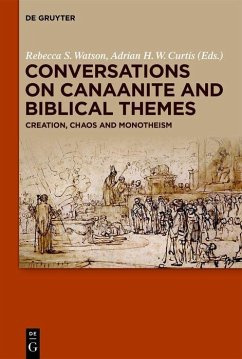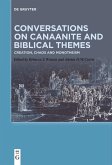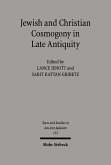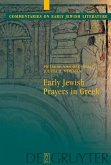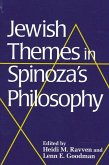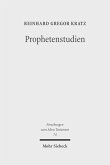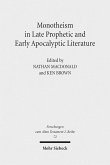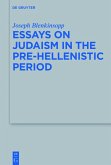Each pair discusses a clearly defined issue through the lens of a particular biblical passage, responding to each other's arguments and offering their reflections on the process. Topics range from the apparent application of 'chaos' and 'divine warrior' symbolism to Yahweh in Habakkuk 3, the evidence for 'monotheism' in pre-Exilic Judah in 2 Kings 22-23, and the possible presence of 'chaos' or creatio ex nihilo in Genesis 1 and Psalm 74. This approach encourages the recognition of points of agreement as well as differences and exposes some of the underlying issues that inhibit consensus. In doing so, it consolidates much that has been achieved in the past, offers fresh ideas and perspective and, through intense debate, subjects new ideas to thorough critique and suggests avenues for further research.
Rebecca Watson, Faraday-Institut für Wissenschaft und Religion, Cambridge, Adrian H. W. Curtis, Universität Manchester, UK.
Dieser Download kann aus rechtlichen Gründen nur mit Rechnungsadresse in A, B, BG, CY, CZ, D, DK, EW, E, FIN, F, GR, HR, H, IRL, I, LT, L, LR, M, NL, PL, P, R, S, SLO, SK ausgeliefert werden.

